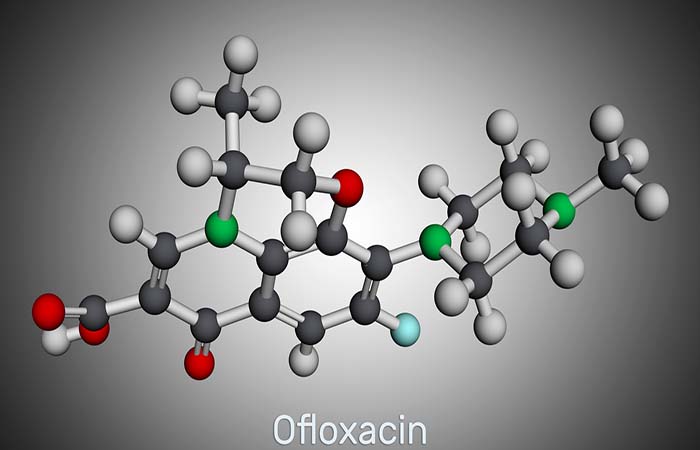New restrictions on prescribing of fluoroquinolones
In Clinical news
Follow this topic
Bookmark
Record learning outcomes
Systemic fluoroquinolones must now only be prescribed when other commonly recommended antibiotics are inappropriate, the MHRA is advising.
This follows a review which looked at the effectiveness of current measures to reduce the identified risk of side effects.
Systemic and inhaled fluoroquinolones are associated with a risk of serious, disabling, long-lasting and potentially irreversible adverse reactions, estimated to occur in at least between 1 and 10 people in every 10,000 who take a fluoroquinolone, says the MHRA.
These may affect multiple body systems and include musculoskeletal, nervous, psychiatric and sensory reactions. These adverse reactions have been reported in patients irrespective of their age and potential risk factors.
Because of this, the UK indications for systemic fluoroquinolones have been updated so they must only be used in situations when other antibiotics, that are commonly recommended for the infection, are inappropriate.
Fluoroquinolones available in the UK include ciprofloxacin (Ciproxin), levofloxacin, moxifloxacin (Avelox) and ofloxacin (Tarivid).
Situations in which other antibiotics are considered to be inappropriate and where a fluoroquinolone may be indicated are where:
- there is resistance to other first-line antibiotics recommended for the infection
- other first-line antibiotics are contraindicated in an individual patient
- other first-line antibiotics have caused side effects in the patient requiring treatment to be stopped
- treatment with other first-line antibiotics has failed.
This goes further than previous measures which set out that fluoroquinolones should not be prescribed for non-severe or self-limiting infections, or non-bacterial conditions.
Patients taking fluoroquinolones should be advised to stop treatment at the first signs of a serious adverse reaction, such as tendinitis or tendon rupture, muscle pain, muscle weakness, joint pain, joint swelling, peripheral neuropathy and central nervous system effects, and to contact their doctor immediately.

